Keynote
(When) Do we need to write (precise) requirements?
Speaker: Lionel Briand
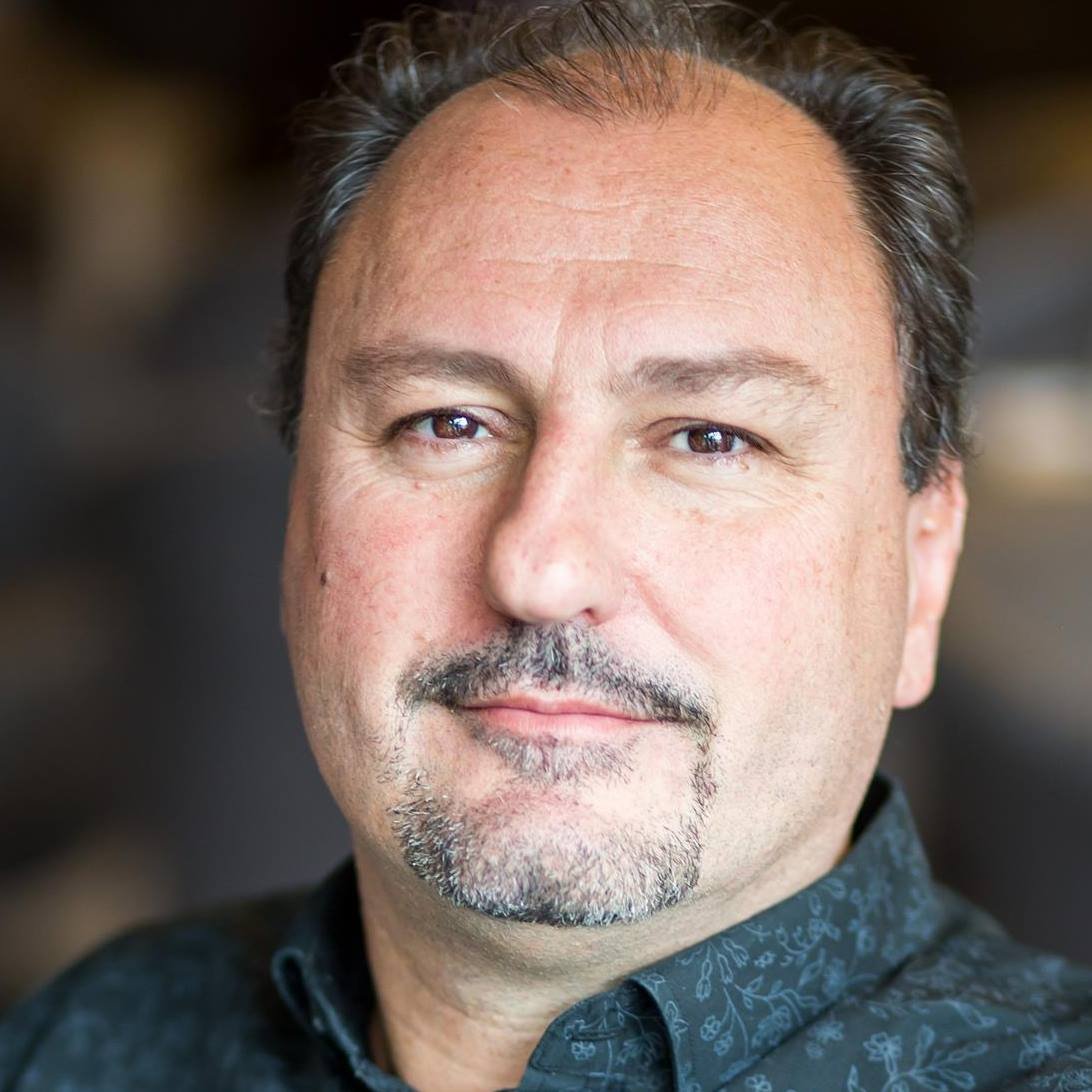
Abstract: The fact of the matter is that many software development organizations do not develop software based on complete and precise requirements. Some organizations require explicit requirements for certification purposes (e.g., traceability to acceptance test cases) or because their customers demand them (e.g., for contractual purposes). Many others rely, at best, on a high-level business plan or vision, and adopt an agile development process involving frequent interactions with future users. Further, when requirements are written, it is often in natural language, and they are often imprecise and incomplete. I will explore, based on my experience, the factors at play to explain this situation and possible ways to make precise software requirements worth their cost, from a practical perspective. I will argue that, in many contexts, (precise) requirements must lead to better automation of various development tasks to be considered economically viable, and that this must be the focus of our research to achieve maximal practical impact.
Bio: Lionel C. Briand is professor of software engineering and has shared appointments between (1) The University of Ottawa, Canada, and (2) The Lero Centre—the national Irish centre for software research—hosted by the University of Limerick, Ireland. In collaboration with colleagues, for over 30 years, he has run many collaborative research projects with companies in the automotive, satellite, aerospace, energy, financial, and legal domains. Lionel has held various engineering, academic, and leading positions in seven countries. He currently holds a Canada Research Chair (Tier 1) on "Intelligent Software Dependability and Compliance" and is the director of Lero, the national Irish re for software research. Lionel was elevated to the grades of IEEE Fellow and ACM Fellow for his work on software testing and verification. Further, he was granted the IEEE Computer Society Harlan Mills award, the ACM SIGSOFT outstanding research award, and the IEEE Reliability Society engineer-of-the-year award. He also received an ERC Advanced grant in 2016 on modelling and testing cyber-physical systems, the most prestigious individual research award in the European Union and was elected a fellow of the Academy of Science, Royal Society of Canada in 2023. More details can be found at www.lbriand.info.
Program
The programme below mixes research and position papers (30 minutes), lighting talks (15 minutes), and a series of activities (more details coming soon).
Time is UTC+0 (Lisbon time)
Session 1: Welcome + Keynote + workshop activity 9:00–10:30
- Welcome from the organizers (09:00–09:10)
- Keynote by Lionel Briand (09:10–10:10)
- Invited reflections on MO2RE topics by Bashar Nuseibeh (10:10–10:30)
Coffee break 10:30–11:00
Session 2: Architecture&Evolution + workshop activity 11:00–12:30
- Post-Incident Action Items: Crossroads of Requirements Engineering and Software Evolution by M. Pope and J. Sillito (11:00–11:30)
- Probing with Precision: Probing Question Generation for Architectural Information Elicitation by G. Rejithkumar, P. R. Anish, J. S. and S. Ghaisas (11:30–12:00)
- Activity discussing Why RE is not sufficiently represented in SE (12:00–12:30) | See results here
Lunch break 12:30–14:00
Session 3: Accessibility, human aspects, and DEI + workshop activity 14:00–15:30
- A Conceptual Model For Web Accessibility Requirements In Agile Development by D. Miranda, J. Araújo and G. Liebel (14:00–14:30)
- On the Awareness about Diversity and Inclusion being integrated to Requirements Engineering by K. Gama (14:30–14:45)
- Assuring the emotional and cultural intelligence of intelligent software systems by A. B. Belle (14:45–15:00)
- Emotion-Driven Adaptation of Healthcare Applications using GRL and UCM Requirements Models by M. N. Alkhomsan, M. Baslyman and M. Alshayeb (15:00–15:15)
- Invited reflections on MO2RE topics Daniela Damian (15:15–15:30)
Coffee break 15:30–16:00
Session 4: Requirements for compliance and code + workshop activity + closing 16:00–17:30
- Modeling, Analyzing and Communicating Regulatory Ambiguity: An Empirical study E. Kempe, A. Massey, C. Seaman, S. Sampath and S. Semsar (16:00–16:30)
- Quality Requirements for Code: On the Untapped Potential in Maintainability Specifications by M. Borg (16:30–17:00)
- Invited reflections on MO2RE topics by Rashina Hoda (17:00–17:20)
- Wrap up and closing (17:20–17:30)
Organizing Committee
For questions about the workshop, reach us via e-mail
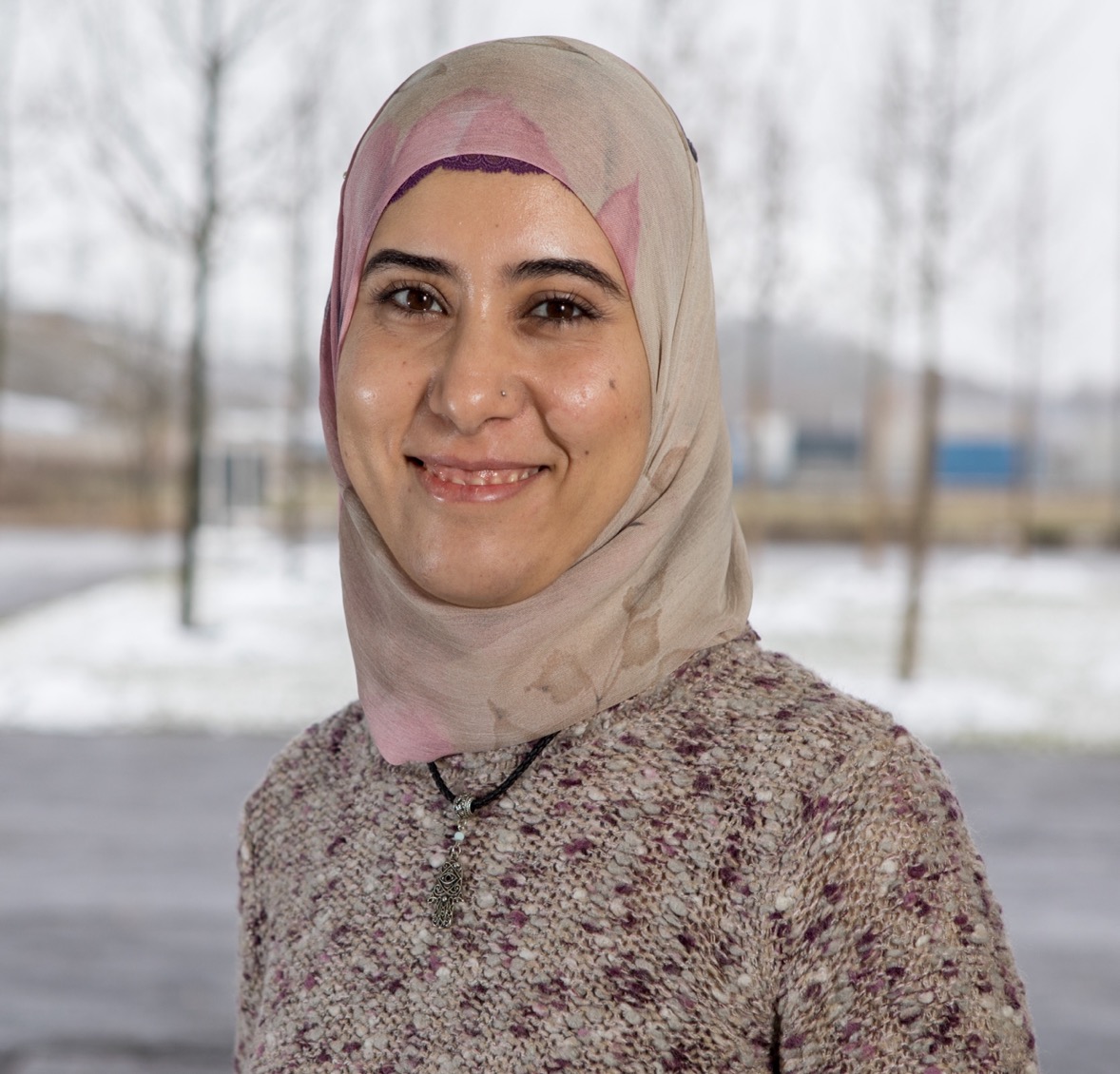
Sallam Abualhaija
University of Luxembourg
(Luxembourg)
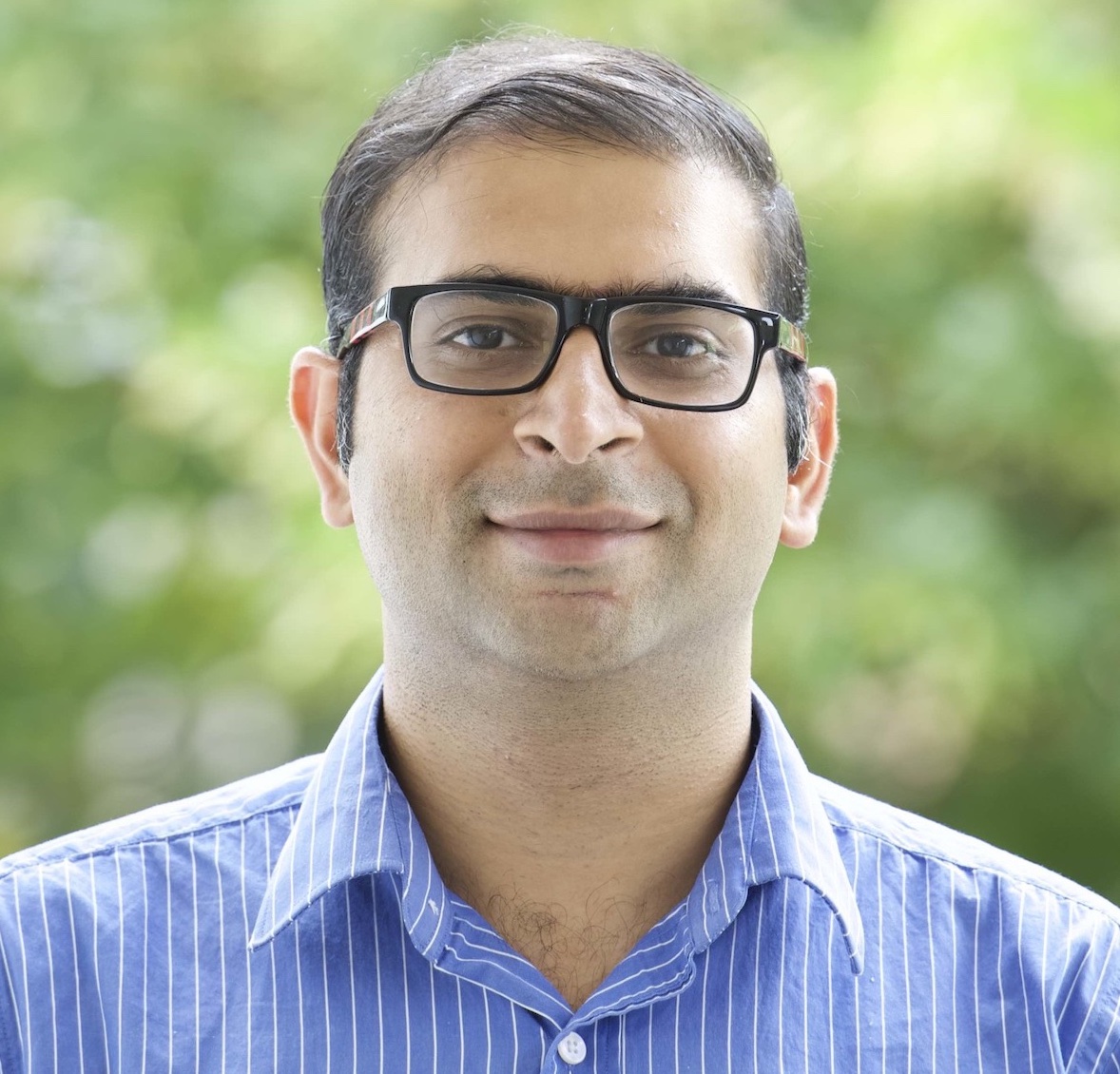
Chetan Arora
Monash University
(Australia)
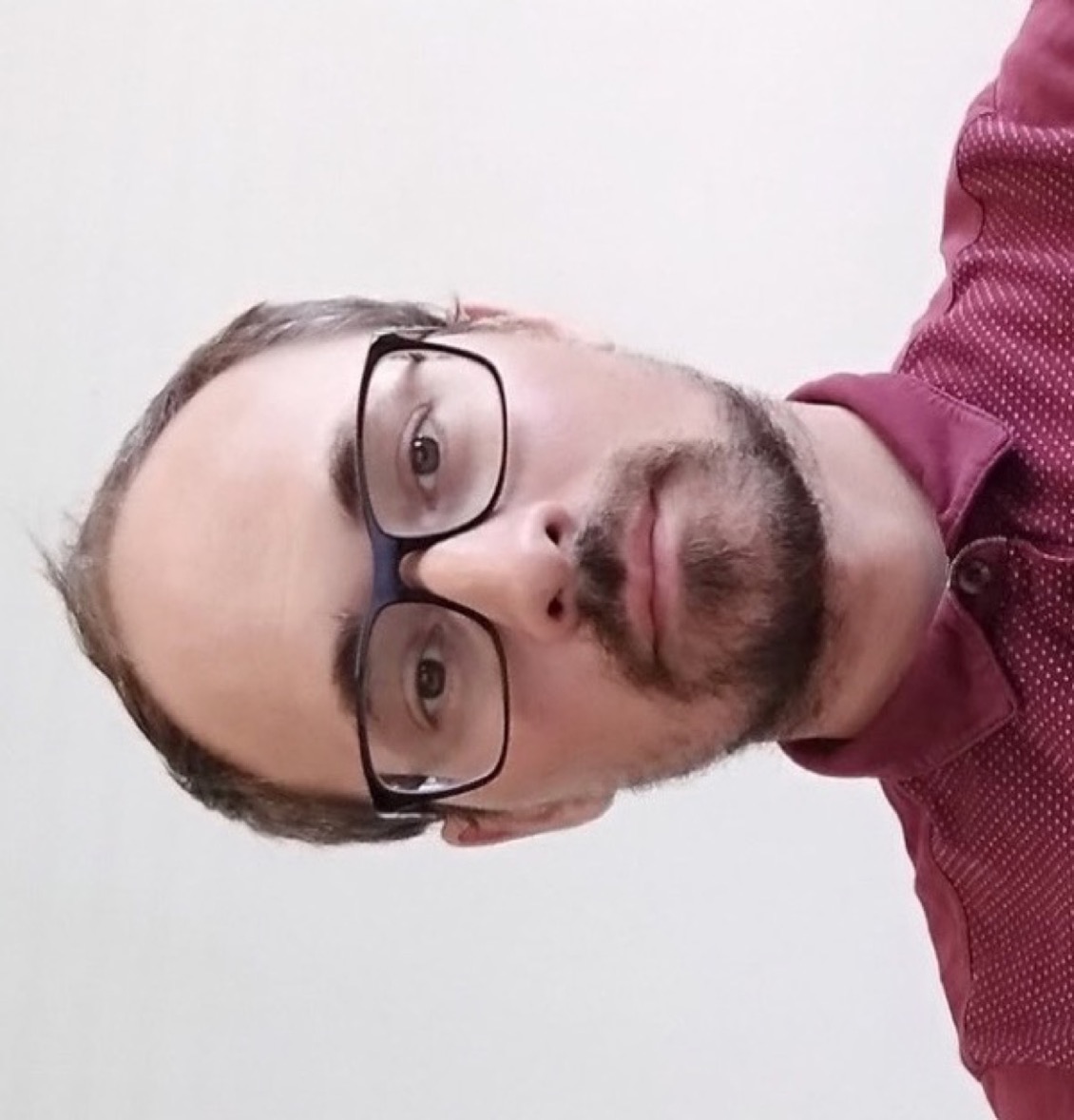
Alessio Ferrari
ISTI CNR
(Italy)
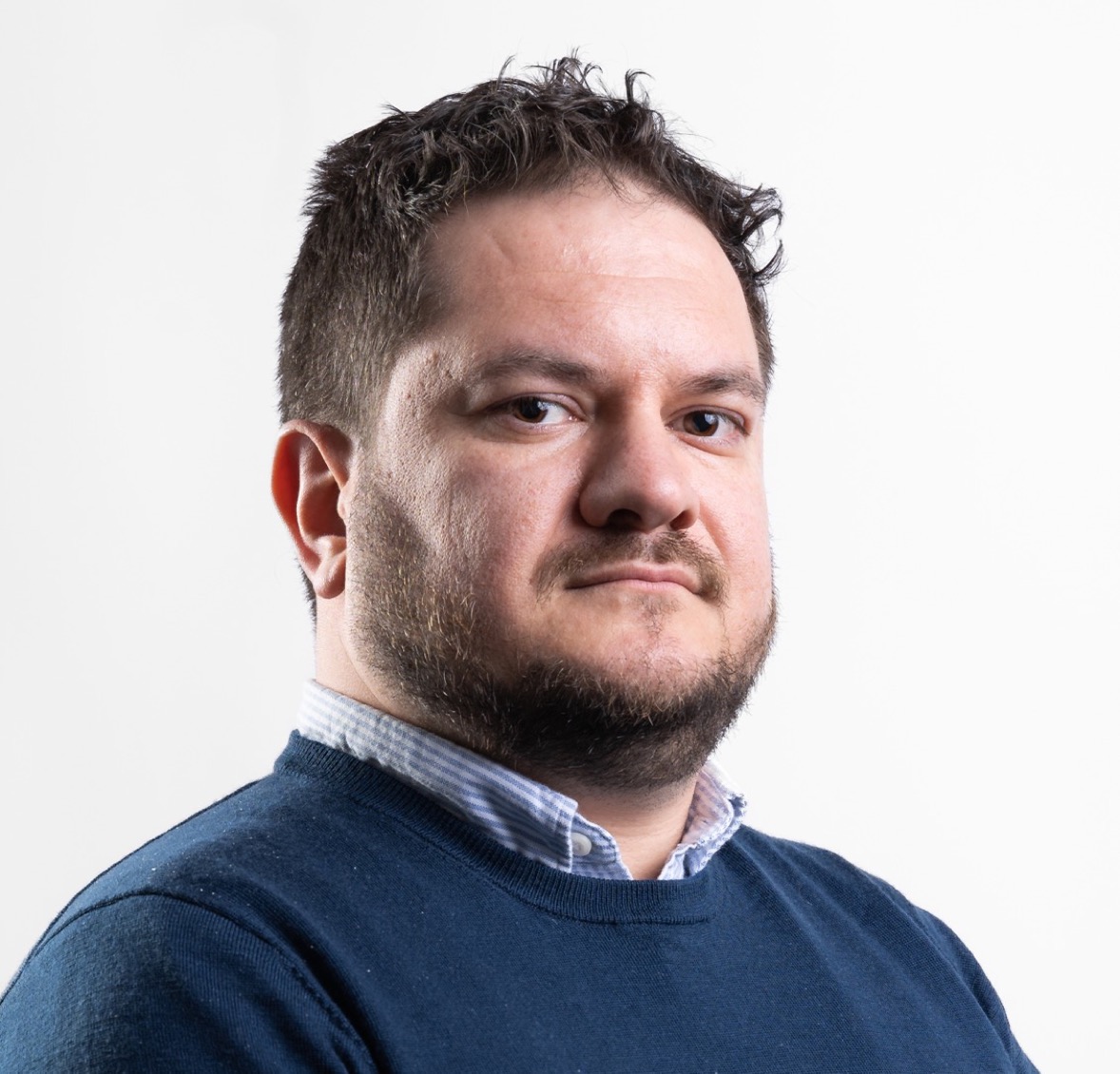
Davide Fucci
BTH
(Sweden)
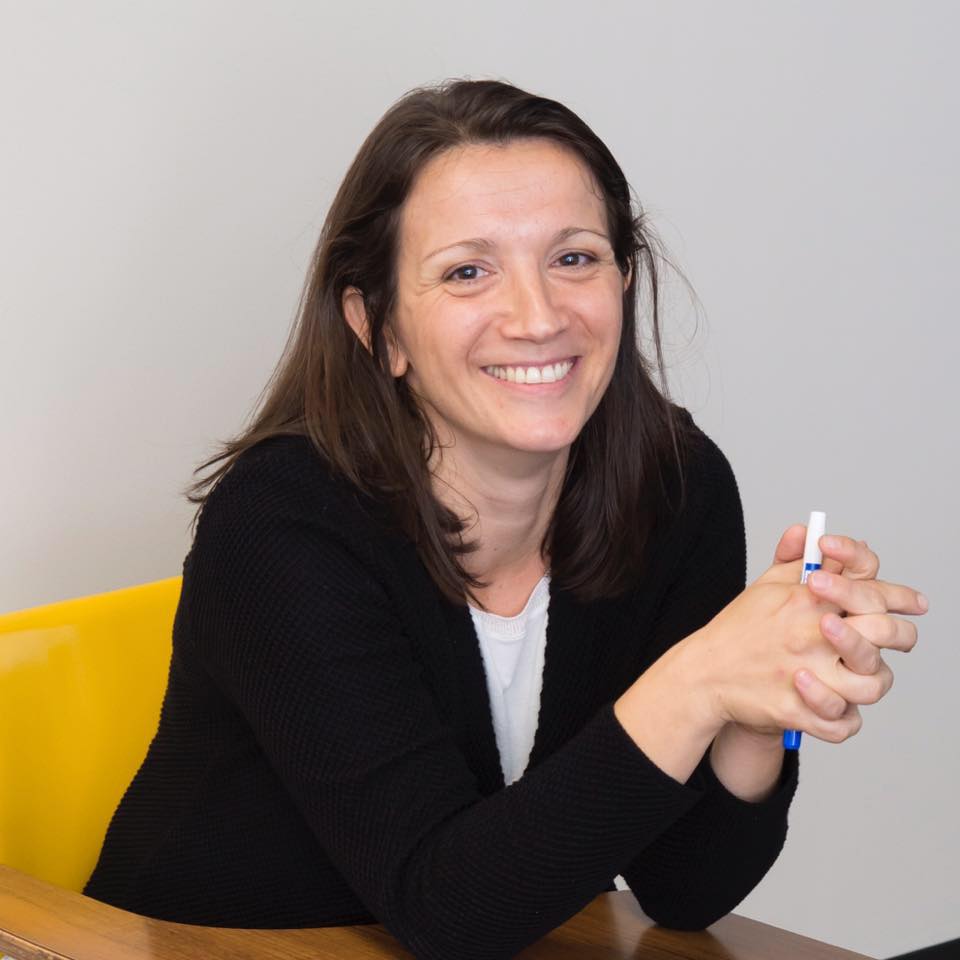
Paola Spoletini
Kennesaw State University
(USA)
Program Committee
- Andreas Vogelsang, University of Cologne (Germany)
- Damiano Torre, St. Mary's University (USA)
- Fabiano Dalpiaz, Utrecht University (The Netherlands)
- Fabio Calefato, University of Bari (Italy)
- Fatma Başak Aydemir, Boğaziçi University (Turkey)
- Frank Houdek, Daimler AG (Germany)
- Gunter Mussbacher, McGill University (Canada)
- Henry Muccini, University of L'Aquila (Italy)
- James Tizard, University of Auckland (New Zealand)
- Jennifer Horkoff, Chalmers University of Technology (Sweden)
- Lloyd Montgomery, University of Hamburg (Germany)
- Nan Niu, University of Cincinnati (USA)
- Neil A. Ernst, University of Victoria (Canada)
- Nicolas Sannier, University of Luxembourg (Luxembourg)
- Raghu Reddy, IIIT Hyderabad (India)
- Saad Ezzini, Lancaster University (UK)
- Seung Yoeb Shin, University of Luxembourg (Luxembourg)
- Smita Ghaisas, TCS Research, Tata Consultancy Services (India)
- Soo Ling Lim, University College London (UK)
- Tao Yue, Simula Research (Norway)
- Tong Li, Beijing University of Technology (China)
- Travis Breaux, Carnegie Mellon University (USA)
- Zhi Jin, Peking University (China)
- Xiaoli Lian, Beihang University (China)
- Zhi Jin, Peking University (China)
- Nicole Novielli, University of Bari (Italy)
- Oliver Karras, TIB - Leibniz Information Centre for Science and Technology (Germany)
- Julian Frattini, BTH (Sweden)
- Muhammad Abbas, RISE (Sweden)